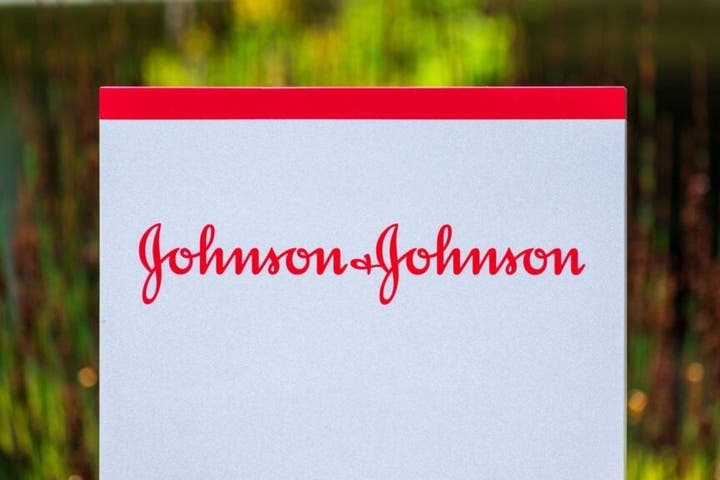A federal court has ruled against Johnson & Johnson’s attempt to alter its participation in the 340B Drug Pricing Program, siding with the U.S. Department of Health and Human Services (HHS). The decision, announced recently, rejects the pharmaceutical giant’s proposal to switch from providing upfront drug discounts to a rebate model, a shift that was never formally approved by the agency.
The dispute revolves around the 340B Program, a federal initiative that mandates pharmaceutical manufacturers involved in Medicaid and Medicare Part B to offer outpatient drugs at reduced prices to certain healthcare providers. These providers typically include hospitals and clinics serving low-income and rural communities. Johnson & Johnson’s legal challenge began in November 2024 after the Health Resources and Services Administration (HRSA) refused to endorse its proposed rebate structure.
Background and Legal Proceedings
Johnson & Johnson, a longstanding participant in the 340B Program, proposed a plan where covered entities would initially pay the full list price for certain drugs and receive rebates afterward. The company presented this plan to HRSA in June 2024, but the agency did not approve it. Despite this, Johnson & Johnson proceeded with a lawsuit against HHS, HRSA, and their leadership, claiming that HRSA’s rejection was arbitrary under the Administrative Procedure Act (APA).
In January 2025, UMass Memorial Medical Center, Genesis HealthCare System, and the advocacy group 340B Health were allowed to intervene as defendants. They argued that the rebate model would undermine the purpose of the 340B Program and financially strain safety-net providers. Johnson & Johnson sought summary judgment on its APA claim, while federal agencies and intervenors filed cross-motions.
Court Ruling and Implications
The court’s decision to deny Johnson & Johnson’s motion and rule in favor of HHS and the intervenors is a significant victory for hospitals and healthcare groups that rely on upfront 340B pricing to manage drug costs. This is particularly crucial for vulnerable patient populations. The ruling also reinforces HRSA’s oversight authority in preserving the integrity of the 340B Program.
“Based on the plain and unambiguous language of the 340B statute, and supported by its purpose and history, HRSA has the authority to ‘provide’ for discounts, rebates, or both,” the court stated, effectively dismissing Johnson & Johnson’s claim that HRSA lacked the authority to demand prior approval of the rebate model.
Expert Opinions and Industry Reactions
Industry experts have noted that this ruling could set a precedent for how pharmaceutical companies engage with federal drug pricing programs. Dr. Emily Carter, a healthcare policy analyst, commented, “This decision underscores the importance of maintaining the original intent of the 340B Program, which is to ensure that underserved populations have access to affordable medications.”
Meanwhile, some pharmaceutical companies may view this as a cautionary tale about attempting to alter established pricing agreements without explicit regulatory approval. The case highlights the ongoing tension between drug manufacturers and regulatory bodies over drug pricing strategies.
Looking Ahead
The ruling may prompt other pharmaceutical companies to reconsider similar strategies, potentially affecting how drug pricing models evolve in the future. For Johnson & Johnson, the decision represents a setback in their efforts to implement a rebate model, which they argued would be more efficient.
As the healthcare landscape continues to evolve, stakeholders will be closely watching how this ruling influences future interactions between drug manufacturers and federal programs. The outcome may also impact legislative discussions around drug pricing reforms and the role of oversight agencies like HRSA.
In the stock market, Johnson & Johnson’s shares showed a slight increase, up 0.10% at $152.91 during the premarket session on Tuesday. This reflects investor confidence despite the legal setback.
As the industry digests the implications of this ruling, the focus will likely shift to how pharmaceutical companies can navigate regulatory frameworks while striving to innovate in drug pricing and distribution models.
About The Author
 Max McBrayer Appointed CEO of NATSO, Leading the Future of Truck Stops
Max McBrayer Appointed CEO of NATSO, Leading the Future of Truck Stops Reolink Launches Early Prime Day Deals for Enhanced Home Security
Reolink Launches Early Prime Day Deals for Enhanced Home Security US Stocks Stall as Wall Street’s Record Run Faces Hurdles
US Stocks Stall as Wall Street’s Record Run Faces Hurdles Squid Game Season 3: A Thrilling Continuation of the Global Phenomenon
Squid Game Season 3: A Thrilling Continuation of the Global Phenomenon Heather Gerken Named New President of Ford Foundation, Succeeding Darren Walker
Heather Gerken Named New President of Ford Foundation, Succeeding Darren Walker